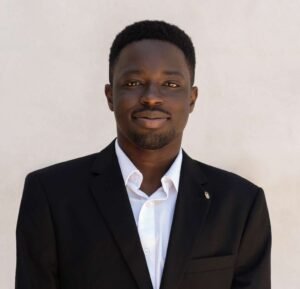With the rise of internet connectivity and greater smartphone penetration in the Sub-Saharan African region, the music industry was opened up to endless possibilities in terms of growth and global reach. According to Spotify’s 2024 Loud & Clear transparency report, new heights have been attained like never before.
In 2024 alone, Nigerian artists generated over ₦58 billion in global Spotify royalties, more than doubling 2023 figures and representing a fivefold increase since 2022. The number of Nigerian artists earning ₦10 million or more has more than doubled year-over-year and tripled since 2022. Also, Nigerian artists have seen a 49% export growth over the past three years. In a similar light, South African artists generated nearly 400 million ZAR in global Spotify royalties, more than doubling their earnings since 2022. Notably, royalties for music performed in indigenous languages have skyrocketed: Zulu (112%), Sotho (345%), and Afrikaans (114%) all more than doubled since 2021.
While both nations have been enjoying wide international reach (Nigerian artists were discovered by first-time listeners over 1 billion times on Spotify in 2024 and South African artists reached 1.1 billion first-time listener discoveries, a 55% increase since 2023), local consumption surged dramatically with 206% year-over-year in Nigeria (782% over three years) and 96% year-over-year in South Africa (281% over three years).
“At Spotify, our commitment extends far beyond royalty payments,” Jocelyne Muhutu-Remy, Spotify’s Sub-Saharan Africa Managing Director, highlighted in a statement. “Through initiatives like RADAR Africa, Spotify Equal, and our creator education workshops, we’re building a comprehensive ecosystem that nurtures artists at every career stage. We’re providing the tools, visibility, and industry knowledge that transforms talented musicians into global sensations while preserving their artistic authenticity and cultural roots. The remarkable growth we’re seeing is the result of this holistic approach to artist development.”





